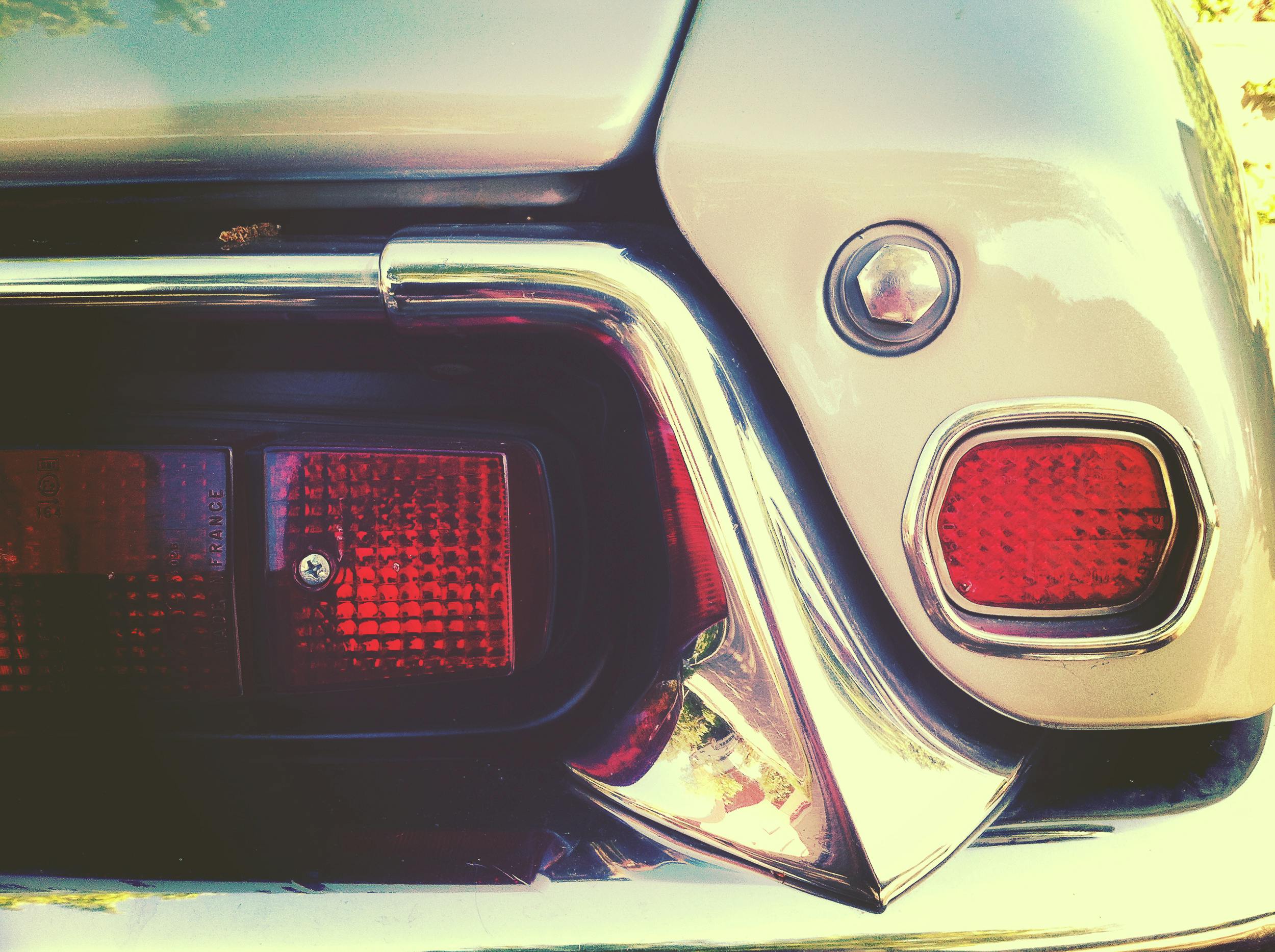Understanding Post-Accident Vehicle Repairs: Navigating Challenges with Insurance and Repair Shops
A recent experience highlights the complexities that can arise after a car accident, especially when it comes to repairs and insurance responsibilities. Here’s a detailed look at the situation and guidance on possible next steps.
Scenario Overview
Following a rear-end collision caused by another driver, I promptly filed a claim with their insurance provider, which accepted liability. The insurance company directed my vehicle to an approved repair facility to address damages primarily involving the rear bumper and backup camera.
Initial Repair Phase
The repair shop, however, delayed the pickup multiple times. Eventually, I was notified that my vehicle was ready for collection. Upon inspection, I was surprised to find that my car would no longer start. The shop attributed this sudden issue to possible electrical wiring problems but refused responsibility, stating that the damage was unrelated to their work. They advised me to arrange for towing and repairs at my own expense.
Pre-Accident Condition
Prior to the collision, my vehicle was in excellent working order. It started perfectly, and diagnostic assessments confirmed no electrical faults besides the known damage to the backup camera, which was the scope of repairs authorized.
Insurance Experience and Concerns
After reaching out to the at-fault driver’s insurer for resolution, I was met with a dismissive response, indicating they would not cover additional damages or repairs. Now, I find myself with a non-functional vehicle, unexpected electrical issues, and a towing bill I hadn’t budgeted for—all stemming from the collision incident.
Seeking Guidance
This situation raises important questions about fault and responsibility in post-repair complications. If you’ve encountered similar challenges, such as electrical problems emerging after official repairs or insurance disputes, your insights would be valuable.
Key Takeaways
- Always document the condition of your vehicle before and after repairs.
- Communicate clearly with repair shops and insurance providers.
- Understand your rights regarding post-repair defects and liability.
- Consider consulting a professional auto damage lawyer if disputes persist.
Final Thoughts
Being involved in an accident is stressful, and navigating insurance and repair processes can be equally challenging. If you find yourself in a similar predicament—where your vehicle’s functionality is compromised after repairs, and insurance refuses responsibility—it’s essential to explore your legal rights and seek professional advice to resolve the matter effectively.



